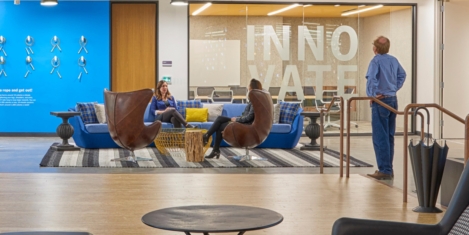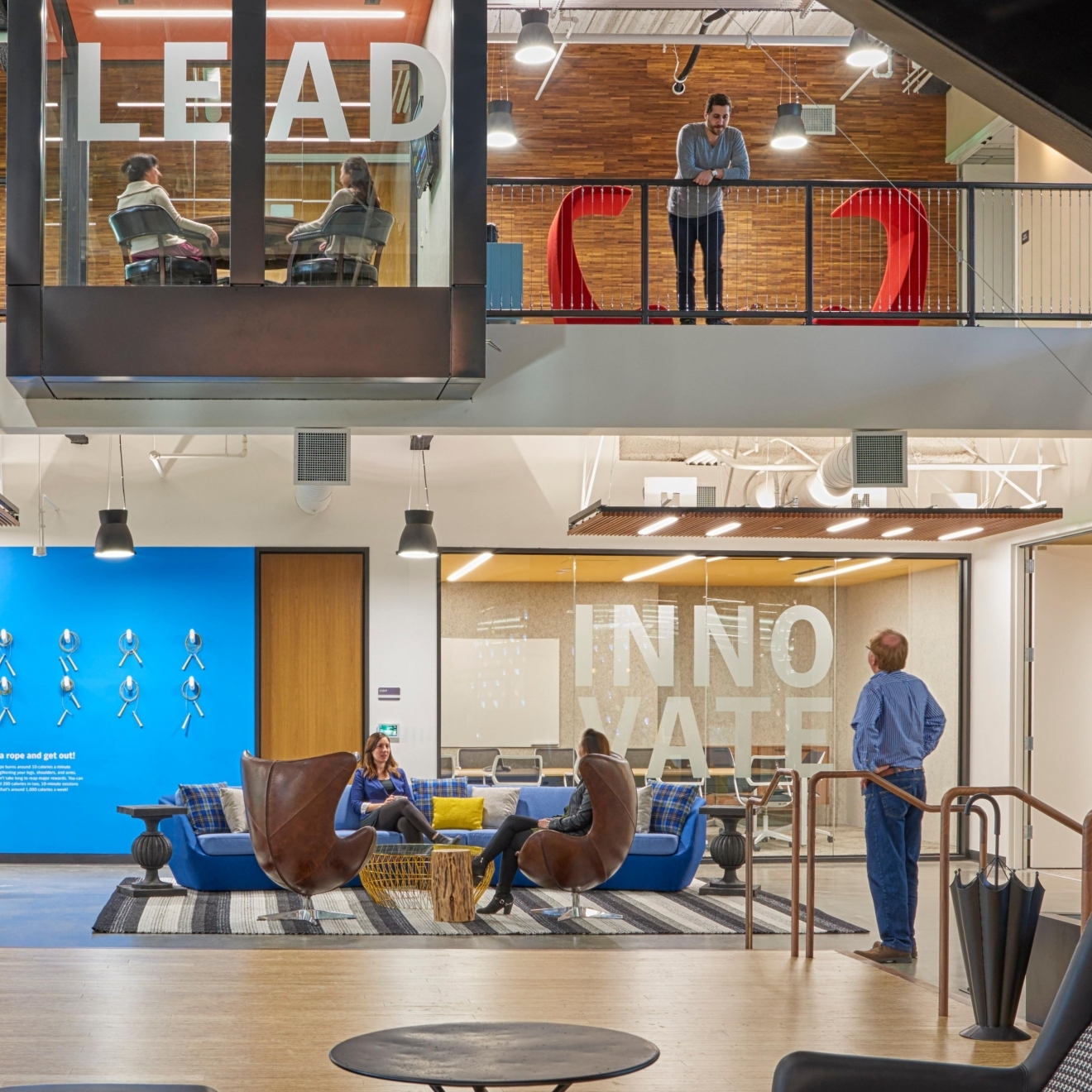July 23, 2019
Two million workers miss out on holiday entitlement
 Around seven percent of UK workers are not getting or taking their legal holiday entitlement, according to a new study from the TUC. The analysis estimates that nearly two million employees (1.960 million) are not getting the minimum paid leave entitlement they are due. And over a million (1.145 million) are not getting any paid leave at all. The analysis shows that women workers (8.3 percent) are worse affected than men (5.9 percent). In addition, the sectors with the highest numbers of staff losing out on their legal holiday paid entitlement are education (341,000), retail (302,000), and health and social care (264,000). (more…)
Around seven percent of UK workers are not getting or taking their legal holiday entitlement, according to a new study from the TUC. The analysis estimates that nearly two million employees (1.960 million) are not getting the minimum paid leave entitlement they are due. And over a million (1.145 million) are not getting any paid leave at all. The analysis shows that women workers (8.3 percent) are worse affected than men (5.9 percent). In addition, the sectors with the highest numbers of staff losing out on their legal holiday paid entitlement are education (341,000), retail (302,000), and health and social care (264,000). (more…)


















 According to
According to 
 The use of technology to support communication and collaborative working in an increasingly digital and flexible world is something many of us recognise. However, a global study released today by
The use of technology to support communication and collaborative working in an increasingly digital and flexible world is something many of us recognise. However, a global study released today by 













